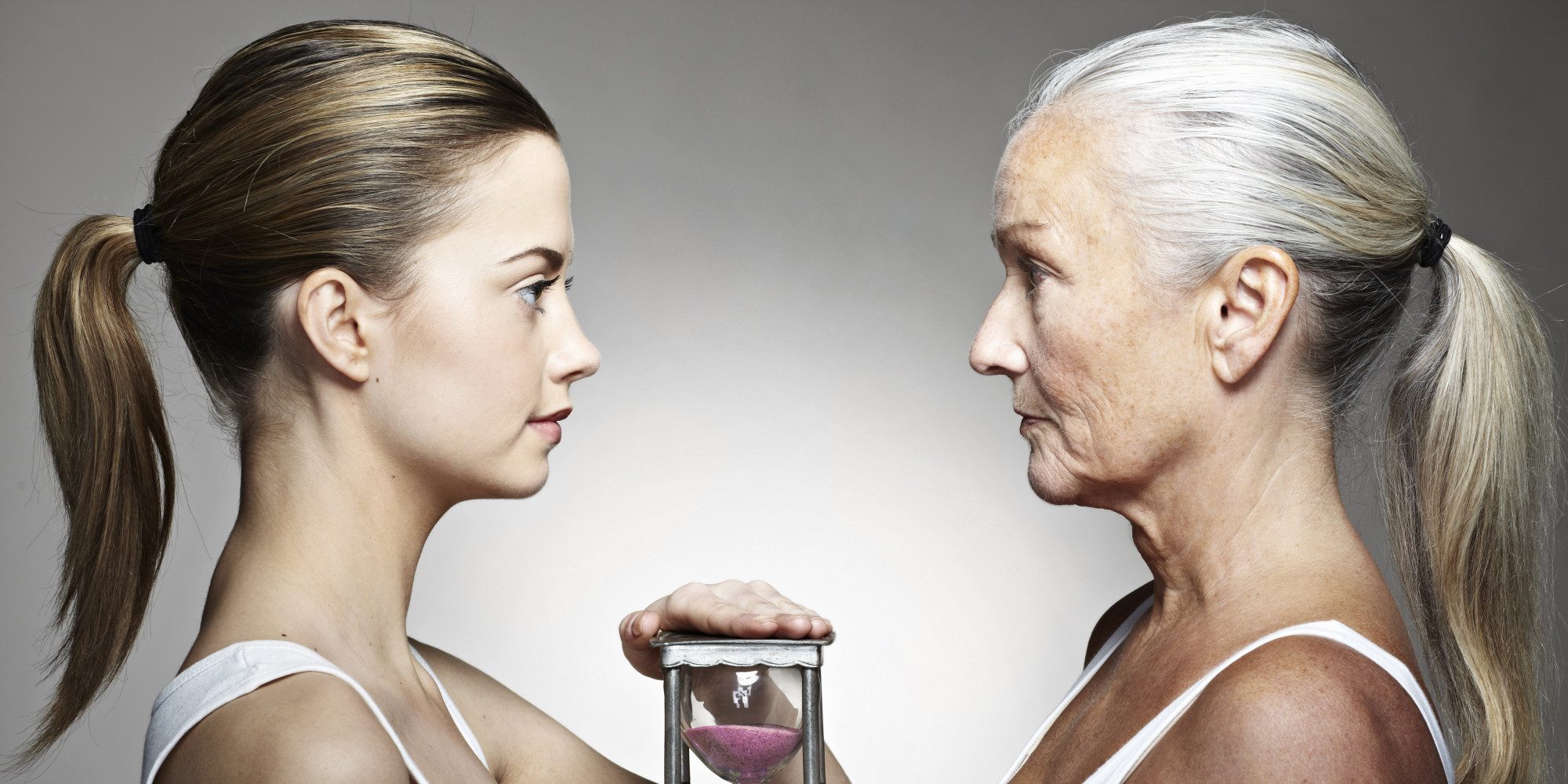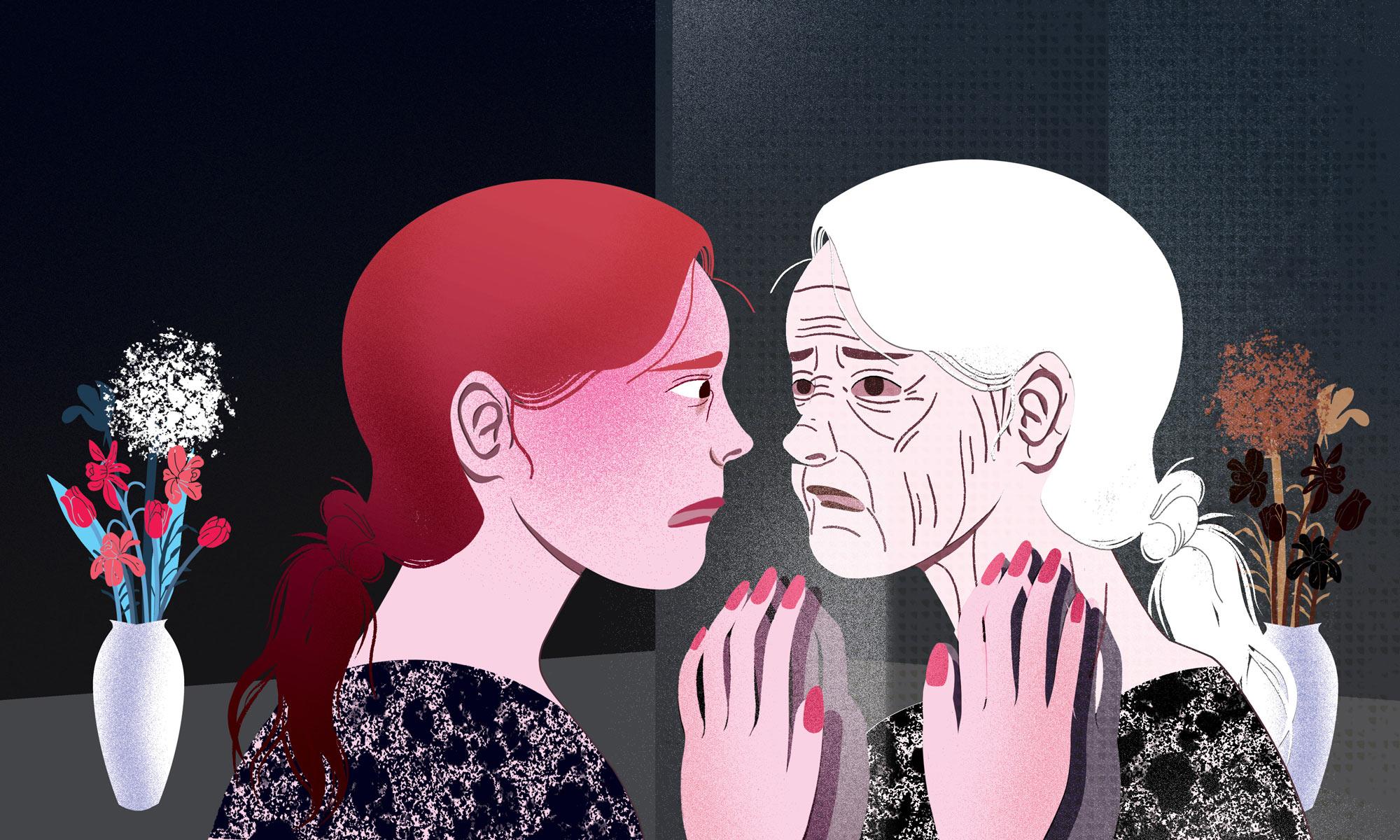Scientists Run Calculations to Bust Immortality, Say Aging Is Inevitable
Aging is irreversible and now we’ve got the math to prove it.
This is probably going to sound very pretentious, but I can’t possibly fathom dying. Not just a bunch of us, but humans in whole, have since times immemorial been obsessed with immortality, never wanting to age or perish.
Cultures around the world have myths about achieving immortality. Generations of Chinese retell the legend of a mortal named Chang’s drinking the elixir of life and becoming a god on the moon, while ancient Greeks wrote poems about Tithonus beseeching Zeus to have immunity from death. The quest for limitless life has captured the minds of countless storytellers, alchemists, and spiritual leaders.
But try as we might, there is no stopping the aging process, according to researchers from the University of Arizona.
“Aging is mathematically inevitable — like, seriously inevitable,” senior study author Joanna Masel, a professor of ecology and evolutionary biology at the University of Arizona. “There’s logical, theoretically, mathematically no way out.”
The researchers’ conclusion is based on how individual cells in the body function and work together. As a person ages, one of two things happens to individual cells: A cell will either slow down and lose function (such as when a person’s hair cells stop producing pigment and turn gray) or a cell can proliferate uncontrollably, or in other words, become cancerous.
The team came to a conclusion by creating a mathematical model of cell competition within an organism. Cells in a human body, they explain, face a unique set of forces under the dynamic of competition: On one hand, cells need to work together for the body to function properly. But on the other hand, those cells must compete with each other for survival, and natural selection among those cells means that competition allows only the fittest cells to survive. This competition, the authors explain, results in cancer as the cells that inevitably find ways to game the system are the ones that end up growing uncontrollably.
When humans age normally, the survival of any individual cell is sacrificed in the name of the organism’s health. In other words, a certain portion of each cell’s output is devoted to collective health instead of individual health. Ultimately, the triumph of cooperation over competition means that bodies accumulate dead or dying cells in a way that eventually leads to what we know as aging.
“Even if selection were perfect, we would still get aging because the cells in our body are evolving all the time,” says postdoctoral student Paul Nelson.
Thinking of human body cells in terms of natural selection may make it sound like a good idea to limit weaker cells that will contribute to a body’s decline. But this is more complicated than it sounds because culling sluggish cells in the name of competitive advantage could create room for undying cancer cells to gain a foothold.
“As you age, most of your cells are ratcheting down and losing function, and they stop growing, as well, but some of your cells are growing like crazy,” said Nelson. “What we show is that this forms a double bind—a catch-22.”
By getting rid of the poorly functioning cells, cancer cells are able to proliferate better. This means that instead of aging at a slow rate, a person could just get cancer and die instead.
“Either all of your cells will continue to get more sluggish, or you’ll get cancer,” Marcel said. “And the basic reason is that things break. It doesn’t matter how much you try and stop them from breaking, you can’t. It’s just something you have to deal with if you want to be a multicellular organism.”
If Masel and Nelson are correct, they may hold the—admittedly scientific rather than mythical—key to immortality seekers’ quests: the fight for survival between sluggish and cancer cells ends with the body’s breakdown. And there is no way to stop it.
“We have a mathematical demonstration of why it’s impossible to fix both problems,” Masel says. No matter how you try to stop it things will get worse. “Either all of your cells will continue to get more sluggish, or you’ll get cancer,” she says.
Concluding, the researchers said their findings should improve our understanding of the evolution of aging—in that competition between cells creates an “inescapable double bind” that makes getting older inevitable.

























